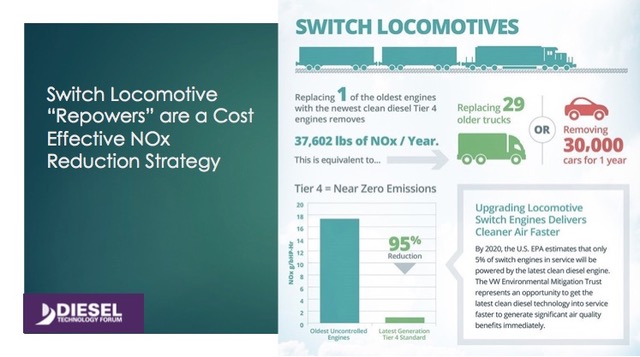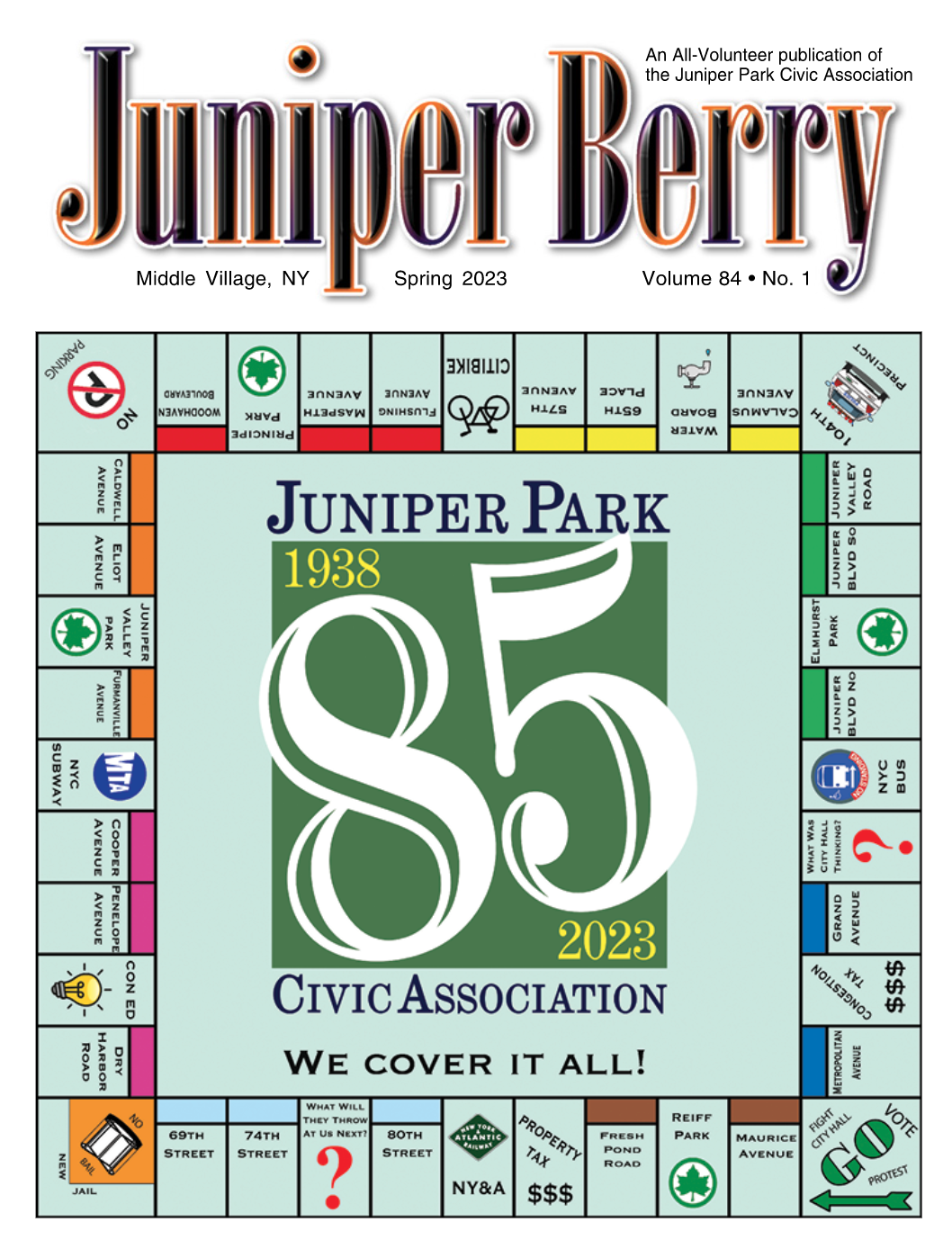Here’s a quiz question: “What US industry enjoys the use of 1950’s, ’60’s, ’70’s, ’80’s, and ’90’s off-road mobile equipment that can be rebuilt indefinitely to noisy, high-polluting unregulated or Tier 0 emissions standards?” The answer is “Railroads.”
Railroads are harming our families by using old locomotives even though Tier 4 has been the US EPA locomotive emissions standard since 2015. Using a Tier 4 locomotive instead of an unregulated or Tier 0 locomotive results in 95-99% less locomotive pollution, up to 40% less fossil fuel burned, and 75-85% less locomotive noise. Yet railroads use unregulated and Tier 0 locomotives, harming public health, limiting use and enjoyment of homes and yards, creating nuisances, degrading quality of life, and piling Greenhouse Gases onto already dangerous levels of climate-changing emissions. How is this even possible?
These harms are possible because when the Clean Air Act became law in December 1963, railroads successfully lobbied to exempt these locomotives from the Act. Perhaps no one imagined that half a century later many of these old smokers would still be on the rails, but they are. For example, although The Port Authority’s NYNJ Rail repowered their locomotives to Tier 4i in 2015 and Waste Management put a Tier 4 locomotive on the rails in 2019, the LIRR, New York & Atlantic Railway, and Providence & Worcester still use old smokers.
Why is this happening? The railroads’ Clean Air Act exemption creates an artificial marketplace for low-priced, high-polluting switcher, road-switcher, and line haul locomotives. Railroads can buy a locomotive for $150,000 – $200,000. Spare parts and rebuilding services are available. Fuel isn’t an issue. There is no advanced pollution and other modern equipment employees need to learn how to operate and maintain, for which companies pay. This represents substantial year over year operating and capital equipment cost savings to the railroads, compared to investments in clean energy equipment. However, the railroads’ financial equations ignore the community health and environmental harms they cause, and sup- press the use of advanced technology for cleaner, more fuel-efficient locomotive equipment.
Private equity investors see US railroads as “assets that generate stable cash flows and require minimal maintenance capital expenditures,” in part due to outdated US locomotive emissions regulation. We need to look outside the United States to third world countries for a similar absence of meaningful emissions regulations. This absence of meaningful emissions regulations adversely impacts families in Queens year after year. Thus, railroad profit comes from their use of old technology. By Fresh Pond Yard this transforms what should be the railroads’ cost of doing business in 2023 into pollution and noise burdens for which residents and workers bear the cost.
There is a continual aging of locomotive equipment fleets in urban railyards throughout the United States, including in Queens. Despite the rhetoric of top-level railroad executive management proclaiming “We’re ‘green’ and we are doing our part,” the “green” in their rhetoric is the color of their money.
There are signs of change. In November 2022, the US EPA issued a press release saying that it was responding to a 2017 petition from the California Air Resources Board (CARB) that asks US EPA to set emissions standards for locomotives that protect human health and the environment. You can be sure that railroad lobbyists are hard at work to try to make sure this doesn’t happen. However, CARB is poised to first tax and then ban old locomotives in the State of California, and US EPA can allow that. This will be a game-changer. If you were wondering, New York State is doing nothing similar to address locomotive pollution.
Another hopeful sign is the recent US Department of Justice (DOJ) prosecution of Genesee & Wyoming Railroad Services, Inc. (G&W). G&W’s “global investors” own more than a hundred railroads worldwide. Why was G&W prosecuted? Because they cheated on meeting even the abysmally low emissions standards allowed by the Clean Air Act. One of the railroads G&W owns is Providence & Worcester, which operates its old red-orange smokers in Queens Community District 5, to the detriment of families living with their needless pollution and noise.
DOJ’s prosecution of G&W created a public comment opportunity to send letter and postcards to the DOJ about the harms our families endure, and to ask that P&W operate Tier 4 locomotives. On February 8, 2023, Dawn Loreng Scala spoke at the Community Board 5 meeting. She asked residents and elected officials to make their voices heard in Washington, by writing to DOJ. The community’s message to the federal government and the railroads is:
“Our families deserve less noise and cleaner air to breathe. Railroads must use Tier 4 locomotives to give our com- munities 95-99% less pollution and 75-85% less noise.”



